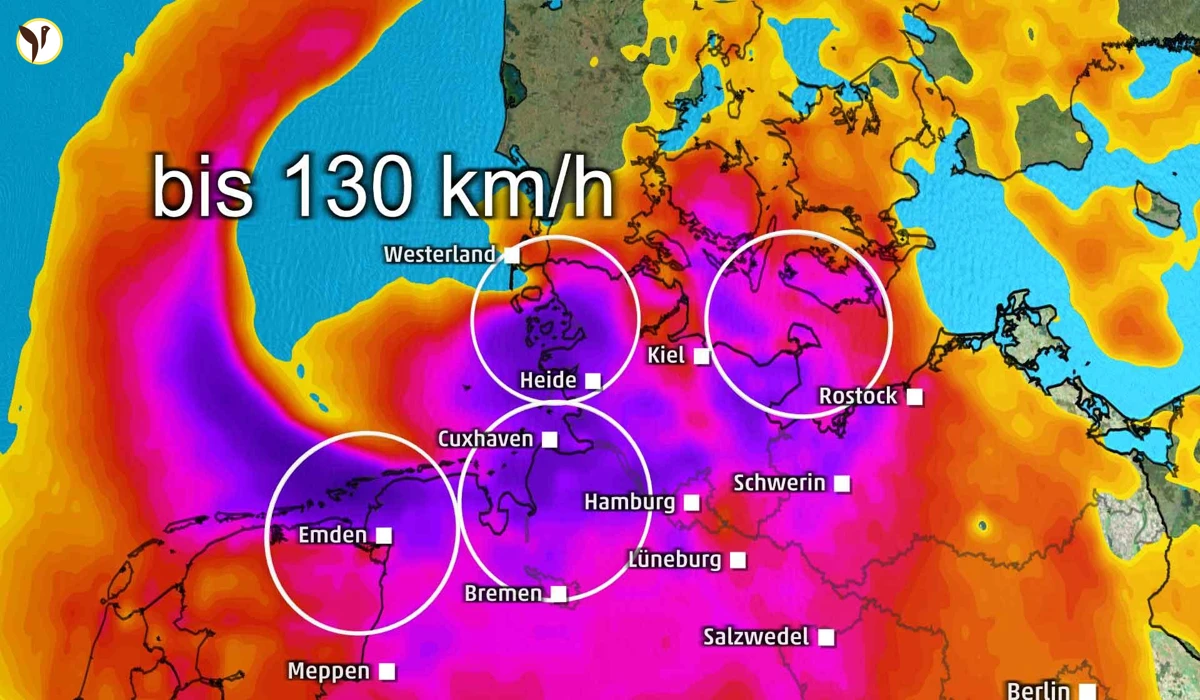Deadly Heatwave Sweeps Across Pakistan and India
A brutal heatwave is scorching parts of Pakistan and India, sending hundreds to hospitals with heatstroke and forcing authorities to take drastic measures. Temperatures have soared well above 45 degrees Celsius (113 Fahrenheit), with a staggering 49 degrees Celsius recorded in Mohenjo Daro, Pakistan, on Wednesday. This ancient city, known for its archaeological sites, is still recovering from devastating monsoon floods two years ago, floods exacerbated by climate change.
The intense heat is largely attributed to climate change, with scientists warning that such extreme weather events are becoming more frequent and intense. Meteorologists predict this heatwave will last at least another week, with two more anticipated for early and late June.
The Impact on Daily Life
Power outages are adding to the misery. In some areas, electricity is cut off for up to 15 hours a day as soaring demand for fans and air conditioners overwhelms the power grid. The Pakistani government has urged citizens to stay indoors, drink plenty of water, and avoid unnecessary travel. But for many working-class families, these precautions are simply not feasible; they must work to survive.
- Schools in Punjab province, Pakistan's most populous, have been closed a week early to protect children from the extreme heat.
- Even Bollywood superstar Shah Rukh Khan was hospitalized in India with heatstroke, highlighting the widespread impact of the extreme temperatures.
The situation is equally dire in India, where temperatures in some areas reached 45 degrees Celsius. While a reported temperature of 52.3 degrees Celsius in Delhi was later attributed to a possible sensor malfunction, the extreme heat is undeniable. Water restrictions are in place in Delhi, with some areas receiving water for only 15-20 minutes per day.
Climate Change: A Growing Threat
Both Pakistan and India are highly vulnerable to the effects of climate change. Pakistan, in particular, has consistently called for greater commitment from wealthier nations to combat climate change, arguing that it bears little responsibility for the problem but faces its devastating consequences disproportionately.
The current heatwave underscores the urgent need for global action on climate change. Scientists are clear: these extreme weather events will only become more common and severe if greenhouse gas emissions continue unabated.
Conclusion
The ongoing heatwave in Pakistan and India is a stark reminder of the devastating consequences of climate change. Hundreds have fallen ill, and daily life has been disrupted for millions. The situation highlights not only the immediate humanitarian crisis but also the critical need for global cooperation to address the root causes of extreme weather events and build greater resilience to the impacts of a changing climate.









